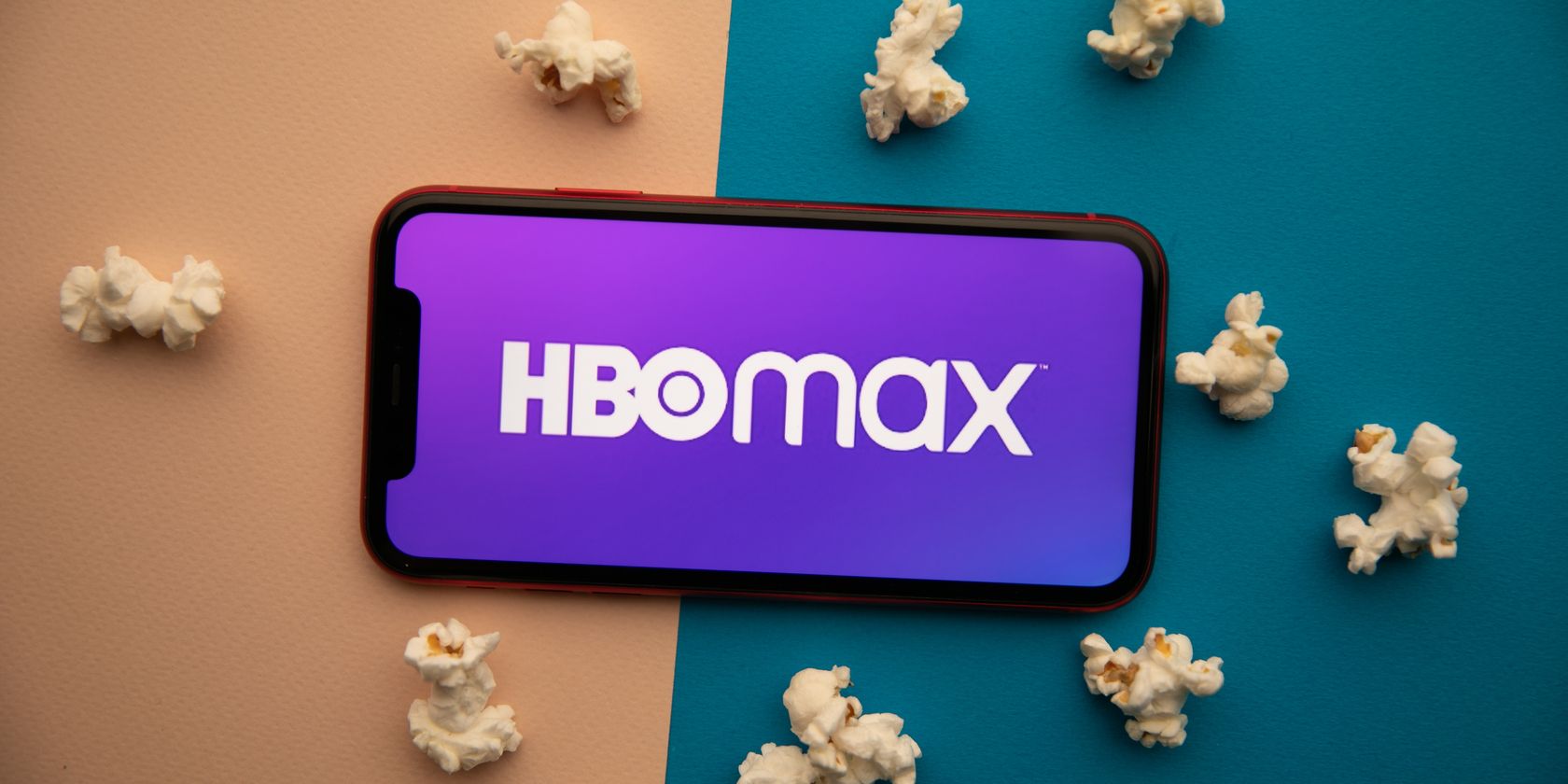As broadband access expands, more people turn to streaming services and away from cable. In the US alone, the various streaming platforms have accumulated hundreds of millions of viewers combined, earning billions of dollars.Streaming is more popular than ever. So why is HBO Max removing so many shows from its library in the middle of the streaming boom?
HBO Is Ditching Many Shows and Movies
HBO Max removed 68 movies and TV shows from its library in August 2022 alone. That's a lot of blood on the cutting room floor. Warner Bros. Discover executives told Deadline:
As we work toward bringing our content catalogs together under one platform, we will be making changes to the content offering available on both HBO Max and discovery+. That will include the removal of some content from both platforms.
According to Deseret News, original shows that were in production or pre-production have also been canceled. In many cases, the creators didn't even know this would happen.
Levon Jihanian, who was art director for the HBO Max original animated series “Tig ’N’ Seek, posted an anguished tweet:
Notable titles that got the old axe include the movie Batgirl, Scoob! Holiday Haunt, Batman: Caped Crusader, almost 200 episodes of Sesame Street, and the Sesame Street spin-off: The Not Too Late With Elmo Show.
To check if your favorite show has been canceled, IndieWire has published an extensive list.
Why Is HBO Max Removing Titles?
When Warner Bros. and Discovery Inc. merged in May 2021, the company announced it would pursue $3 billion in cost-cutting due to "synergies" (HBO Max is part of the group).
In the beginning, the group's top executives only intended to make cuts in departments that duplicated one another while expanding investment in shows.
According to the Hollywood Reporter, John Stankey said:
While overlap in our creative and content capabilities is virtually nonexistent, there will be opportunity to redirect investment away from duplicative back-office, support and administrative functions into our growth strategies.
David Zaslav also said the content side was safe from cost-cutting:
On every part of the business other than content we’re going to get really aggressive and drive productivity.
So what changed? Well, the group has decided to merge HBO Max and Discovery+ as there is no reason to maintain both platforms.
Second, HBO Max pays a fee to Hollywood Unions known as Residuals for content that sits on its platform. Residuals still have to get paid even if a show doesn't get any views. This is in addition to the costs of server space. Thus, HBO Max has decided to remove any show that is not worth the cost.
Third, HBO Max added an ad-supported tier and needs to have shows that people will actually watch. Incidentally, this is why it has removed most kid's shows since the streaming industry generally doesn't show ads to kids.
Julia Alexander, director of strategy at Parrot Analytics, told CNN Business:
Does a title bring in more value to the platform than its cost? If the answer is no, and especially if that title is a low engagement title, which many of these are, then removing titles can benefit a company's bottom line.
What's Next for HBO?
HBO's parent company, Warner Bros. Discovery is reportedly $55 billion in debt. With the focus on cost-cutting, addition of new titles to HBO's catalog is likely to be constrained as senior management keeps a sharp eye on expenses.
Second, the company has many theaters. And as people start to go back to theathers, it makes sense for the company to support that type of content. However, HBO Max's catalog might suffer as a result.
The platform's limited catalog, compared to its competition, is one reason you should not subscribe to HBO Max. However, from HBO Max's perspective, people were not watching the shows that it has removed anyway, and therefore it should not suffer any loss in audience.
HBO Max Is Not Alone
As subscriber growth numbers begin to slow or decline across the streaming industry, all streaming platforms are increasingly more focused on cost versus viewership.
For example, Netflix has become notorious for canceling many popular shows after only one or two seasons as costs of production rise.
HBO is, therefore, not alone. In the streaming world, it seems nothing is permanent.



